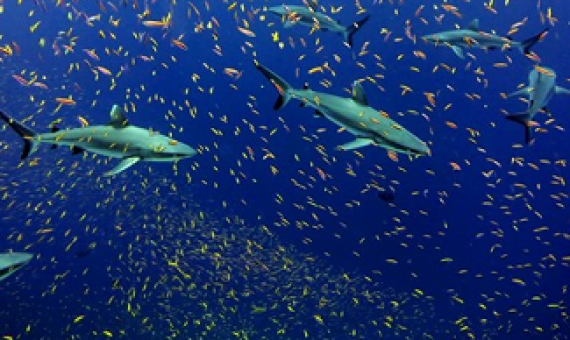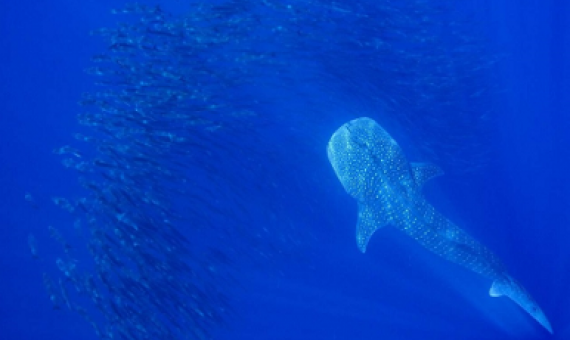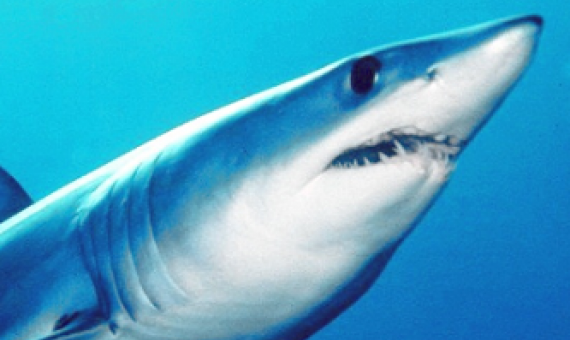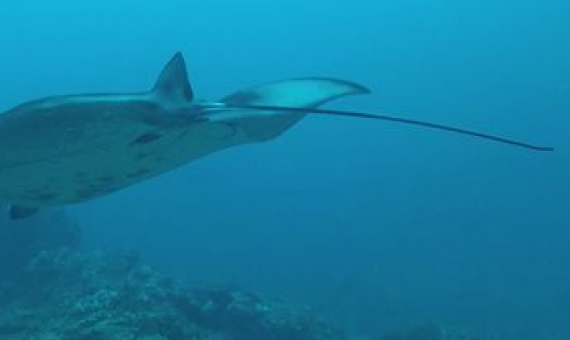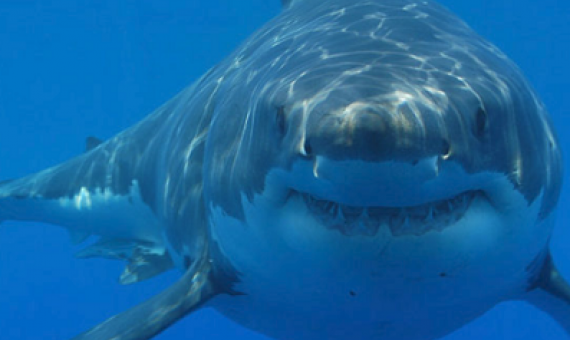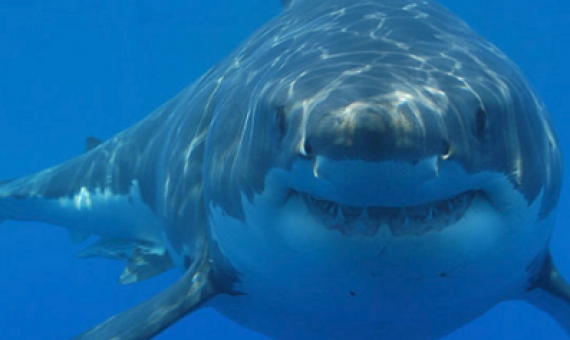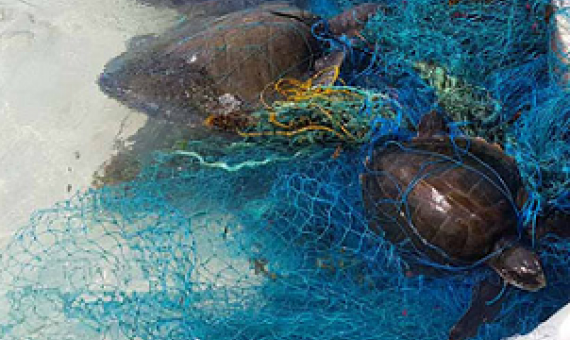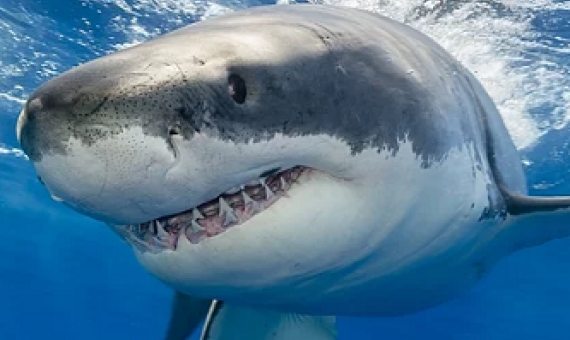For decades scientists and environmentalists have been sounding the alarm about shark population declines and calling for new and stronger laws to help sharks and related elasmobranch species recover from overfishing.
In the crystal-clear waters of Cenderawasih Bay, in the Indonesian province of West Papua, two researchers spend their days chasing down one of Earth’s most mysterious creatures: the whale shark.
A proposal to strengthen protections for both shortfin and longfin mako sharks, hunted for their meat and fins, was adopted today after a 102-40 secret ballot vote at the global wildlife trade summit.
Countries have agreed to strengthen protections for 18 threatened species of sharks and rays, including those hunted for their meat and fins.The proposal was passed at the Convention on International Trade in Endangered Species (CITES) on Sunday.
RAPID ASSESSMENT TOOLKIT FOR SHARKS AND RAYS
This Toolkit offers a suite of simple tools for collecting the sound scientific data needed for the conservation and sustainable management of shark and ray populations. The kit has been designed for use in regions with limited capacity and resources, and it contains practical step-by-step guidelines for collecting data by a range of methods. Appropriate tools can be selected depending on the particular data gaps relevant to local waters.
A PRACTICAL GUIDE TO THE EFFECTIVE DESIGN AND MANAGEMENT OF MPAs FOR SHARKS AND RAYS
This Guide has been produced to provide practical, science-based advice on how to maximize the effectiveness of both new and existing shark and ray MPAs, to ensure these animals are protected now and far into the future. While it will be of interest to anyone wanting to know more about the subject, it’s particularly aimed at:
● Authorities responsible for marine habitat and species protection
● National fisheries managers
● Regional fisheries management organizations (RFMOs)
● NGOs and other conservation practitioners
International fleets are putting pressure on the world’s shark populations, whose natural habitat is largely located in industrial fishing areas — where no legal protection exists, according to a new study published in the journal Nature.Link to the full article below.
Although Discovery Channel showcases its Shark Week programming for only seven days each summer, sharks—along with rays—deserve year-round attention for their roles in maintaining a healthy ocean and providing economic benefits through ecotourism.
New research finds that thousands of sharks and rays could be entangled in the plastic polluting Earth’s oceans. Scientists at the UK’s University of Exeter examined existing scientific literature and took to Twitter to find documented instances of shark and ray entanglements.
This isolated, sub-tropical region in the Pacific Ocean between California and Hawaii is quite literally a cool water, hang out spot for one of the most impressive predators of the open ocean; White Sharks. Click on the link below to read the full article.

